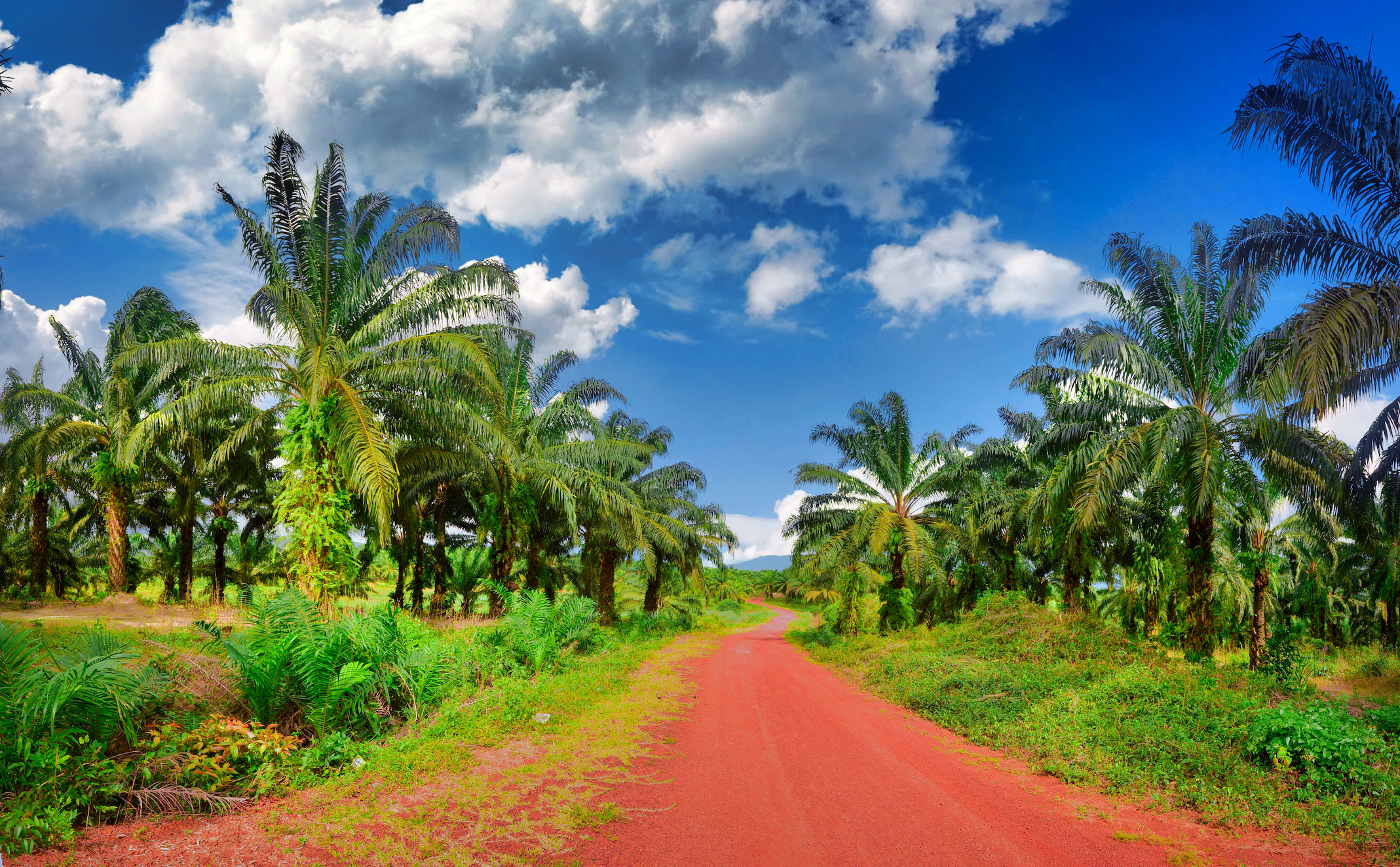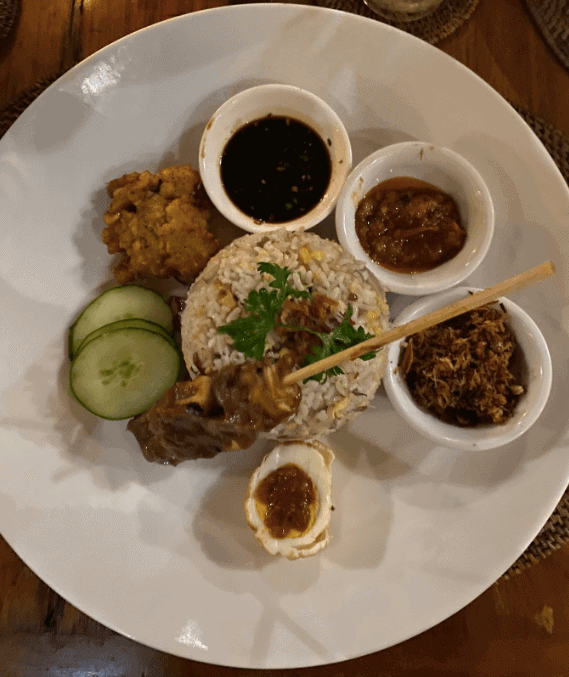Queen Margaret University (QMU), Edinburgh has developed a new ingredient which has the potential to replace palm oil in bakery products. The new palm fat substitute is comprised of rapeseed oil, a by-product of the linseed industry, fibres and proteins. Called Palm-Alt, it has 25% less fat and 88% less satuated fat, and produces 70% less carbon emissions than palm oil.
Known as a “clean-label” innovation, it is 100% plant based and the materials can be sourced within the EU and UK. The university team is now looking for manufacturers to partner with.
“Palm oil is a major functional fat ingredient used widely across the food industry in products such as cakes, biscuits, pastries, confectionery, ready meals and sauces. Due to its composition, high yield and low production costs, the food industry has become increasingly dependent on palm, resulting in its over-cultivation. Its high saturated fat content, which allows it to remain solid at room temperature, has proven crucial to the industrial bakery sector.”
“The new ingredient can be produced locally at the global scale and is cost-competitive. If used by the food industry to replace palm oil, it has the potential to significantly lower greenhouse gas emissions by reducing the impact of food miles and deforestation of global rainforests associated with palm production,” a university food expert explained.
The innovative new palm substitute known as PALM-ALT has been developed by Dr Julien Lonchamp, Reader in Food Science, and Catriona Liddle, Head of the Scottish Centre for Food Development and Innovation (SCFDI) at Queen Margaret University, Edinburgh. The composition and process have been patented, with funding provided by Innovate UK via the Sustainable Innovation Fund in 2020-22.
Catriona Liddle explained why palm-based fat is such an important ingredient to the global food industry. “Palm based fat works particularly well in bakery products due to its composition, taste and mouthfeel. For example, it helps produce cakes which are light, with a good taste profile which has a pleasant mouthfeel. However, despite efforts to develop more sustainable cultivation practices, the industry has found it difficult to identify another fat which delivers the cost benefits and physical characteristics (bland taste, food shelf-life and ambient storage) that palm offers, and which is not linked with health concerns.
“Palm can only be harvested in rainforest areas of the globe, thousands of miles away from many of the countries that use the product. Current production methods leading to deforestation of tropical rainforests in Malaysia and Indonesia have led to the destruction of animals’ natural habitat, and high greenhouse gas emissions linked to its global transport. It is therefore essential to develop an alternative product, which works well for the food industry and helps reduce the world’s overreliance on palm.”
Author: Chrissie Masters




